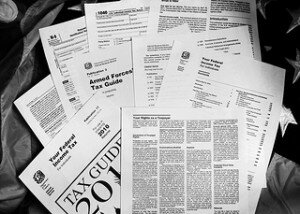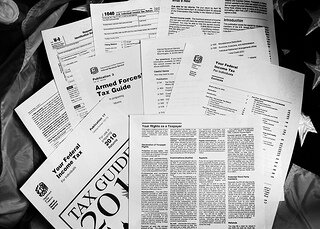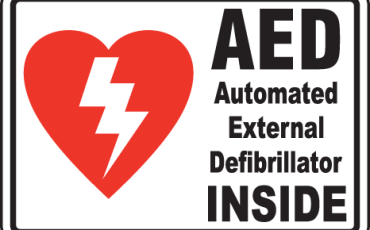Entrepreneurs: 1099 Reporting Just Got Easier
 If you use credit cards for commercial payment products, you’ll be interested in learning about MCC, or Merchant Category Codes. Keep in mind, commercial payment products can be used to pay for either products or services, but the IRS only requires payments for services to be reported.
If you use credit cards for commercial payment products, you’ll be interested in learning about MCC, or Merchant Category Codes. Keep in mind, commercial payment products can be used to pay for either products or services, but the IRS only requires payments for services to be reported.
In the past, it’s been very difficult to determine which transactions needed to be reported. One might have to sift through each individual transaction just to determine whether it was necessary to report. Using the supplier’s MCC, however, this process has become significantly easier.
MCC codes (learn more here) are a four-digit identification number that classifies businesses based on their market segments. With these MCC codes, it’s a lot easier to determine whether a commercial payment product was used to pay for a product or a service.
Increase Efficiency
An MCC List makes the process even more efficient; the list shows which codes apply to which market segments. What makes it truly beneficial, however, is the fact that it contains a column, which indicates whether the MCC is reportable, or not.
It’s also a good idea to program the information that is available on this list into your reporting software. Automating this process eliminates any concern about human error (assuming the information is correct when programmed).
Easing Your Concerns
You’re not required to use this list. It’s simply a tool that may make things easier for you. You are also not required to disclose to major credit card companies or the IRS if you are using the MCC List (this page tells more about the IRS’s involvement). That being said, there are still a couple of things you should keep in mind.
You are technically allowed to use the MCC List for certain suppliers while not using it for others, but it’s probably in your best interest to avoid this practice. When you engage in inconsistent processes, such as this one, you open yourself to accusations of discrimination. It’s recommended that you use this list for all suppliers, or not use it all.
If a supplier does not appear on the MCC List, that does not mean you are not required to report the transaction. You should review any of these transactions separately to determine whether or not you need to report it.
It is perfectly legal to rely on this MCC List when making the determination of whether or not to report a transaction. This means if the List says a supplier has a non-reportable MCC, but the payment was for a service, you are allowed to forgo reporting that transaction.
In the event that an MCC does not match the supplier, Visa, MasterCard and other issuing banks requests that you let them know, so that they may make the appropriate changes. You can usually contact them by email. Since you are legally allowed to rely on the MCC List, you may still decide to report or not report based on the supplier’s incorrectly assigned MCC.
What This Means for You
Determining which payment card transactions are reportable just got a whole lot easier. If used correctly, you can turn this process into a model of efficiency. The fact that the IRS has said you are allowed to rely on this list should eliminate any concerns.
Ted Lamphere is a business consultant. After acquiring years of experience, he enjoys sharing tips from his personal experience with other business owners. Follow him on Twitter!








